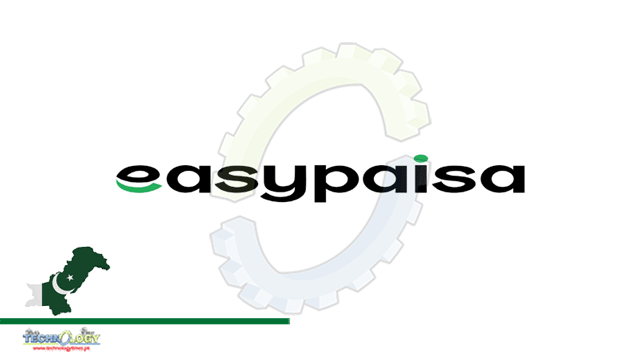Dr. Shabina Raza – Country Director, Nutrition International, stressed the importance and need for nutritional interventions for adolescent girls.

Nutritional needs of women are greater than those of men and change at different life stages. Women nutrition needs were discussed at a seminar organized by Nutrition International in collaboration with Health Services Academy (HSA), to commemorate International Women’s Day 2022. The expert speakers from renowned institutions stressed the need for equitable access to optimal nutrition for women to realize the dream of a healthy and prosperous Pakistan.
Nutrition International and HSA signed a Memorandum of Understanding (MoU) to promote nutrition education, research, and capacity building of students & professionals in a concerted manner.
While addressing the participants of seminar, the Chief Guest, Dr. Nausheen Hamid- Parliamentary Secretary for National Health Services, stated that the government is now discussing nutrition sensitive policies. It is time that women nutrition should also become a part of these efforts. Pakistan has the highest neonatal mortality rates in the region and focus on adolescent nutrition shall go a long way in countering this problem.
Dr. Shabina Raza – Country Director, Nutrition International, stressed the importance and need for nutritional interventions for adolescent girls. More than half (57%) of adolescent girls, between the ages of 10-19 years in Pakistan are anemic, while overweight (11%) and obesity (5.5%) is growing concern among adolescent girls. She highlighted that adequate nutrition during critical adolescent period lays the foundation of a healthy & productive life. Weekly Iron Folic Acid Supplementation (WIFAS) is one of the globally recommended key interventions to address iron deficiency among adolescent girls. Nutrition International is piloting WIFAS for in-school adolescent girls in district Lodhran-Punjab, in collaboration with federal, provincial, district health and education departments.
Prof. Dr. Shahzad Ali Khan, Vice Chancellor – HSA shared that the Government of Pakistan is committed to address health and nutrition issues of women and has finalized “National Maternal Nutrition Strategy” that will be launched in the coming weeks. He also discussed avenues for nutrition sensitive policy making.
Dr. Samina Naeem, Associate Professor at Health Services Academy explained that maternal nutrition refers to nutritional needs of women before, during and after pregnancy. Although the adverse consequences of maternal malnutrition are well recognized and solutions have been identified, the progress in addressing nutritional problems of women and adolescent girls has been slow. Interventions include providing iron, folate, and calcium supplements to pregnant women, nutrition education and counselling on maintaining a healthy diet during pregnancy, and energy and protein supplements to undernourished women
Malnutrition among older adults is often a neglected due to multiple reasons, said Prof Dr. Shamsa Rizwan – Head of Gynae Department, PAF Hospital. She informed that women become especially vulnerable to different kind of diseases after menopause and it is a time that needs special attention towards changing lifestyle; including regular light exercise and fulfilling depleting nutritional resources through supplementation and healthy food. Ensuring good nutrition at this stage can help avoid the risks of heart and bone diseases.
Highlighting the needs for gender equal access to food and nutrition, Dr. Syed Imran Haider – Chairman, Department of Sociology, Allama Iqbal Open University, Islamabad said that in Pakistan, at least 1 in 4 girls are married before 18 years of age and experience complications in childbirth. The complexity is manifold due to discriminatory gender norms, especially related to decision making and household level food consumption patterns. The solution is linked with increasing years of schooling for girls and provision of information regarding healthy food patterns. In addition, we need to engage communities, organizations, and policy makers for gender transformative initiatives for changing the harmful gender norms.
More than 100 participants – including parliamentarians, government officials, representatives of international development & civil society organizations, academia & research institutes, media, and public health students – attended the seminar.
